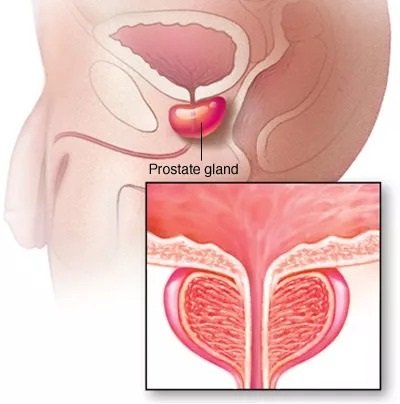TRANSURETHRAL INCISION OF THE PROSTATE (TUIP)

Introduction:
Prostate problems can be a source of discomfort and inconvenience for many men, especially as they age. Transurethral Incision of the Prostate (TUIP) is a minimally invasive surgical procedure designed to alleviate some of these issues. In this article, we will delve into the details of TUIP, including its types, benefits, and considerations.
What is TUIP?
TUIP is a surgical procedure used to treat Benign Prostatic Hyperplasia (BPH), a condition where the prostate gland enlarges and causes urinary symptoms. Unlike more invasive surgeries like Transurethral Resection of the Prostate (TURP), TUIP involves making small incisions in the prostate gland to relieve pressure on the urethra and improve urine flow. This procedure is often recommended when BPH is less severe or when patients are not suitable candidates for TURP.
Types of TUIP:
- Monopolar TUIP: In this traditional approach, a small, electrified wire loop is used to make precise incisions in the prostate tissue. The electrical current cauterizes blood vessels, reducing bleeding during the procedure.
- Bipolar TUIP: This newer technique utilizes bipolar technology, where the surgeon employs two electrodes to make incisions. Unlike monopolar TUIP, bipolar TUIP doesn’t rely on electrical current passing through the patient’s body, minimizing the risk of complications.
Benefits of TUIP
- Minimally Invasive: TUIP is less invasive than TURP and open prostate surgeries, resulting in shorter hospital stays and quicker recovery times.
- Reduced Side Effects: Patients undergoing TUIP generally experience less bleeding, a lower risk of urinary incontinence, and a shorter catheterization period.
- Improved Urinary Function: TUIP effectively alleviates urinary symptoms caused by an enlarged prostate, leading to improved urine flow and a better quality of life.
Considerations:
While TUIP is a valuable option for treating BPH, it may not be suitable for all patients. Factors such as prostate size and the severity of symptoms will influence the choice of treatment. It’s essential to consult with a urologist who can assess your individual case and recommend the most appropriate procedure.
In conclusion, Transurethral Incision of the Prostate (TUIP) is a minimally invasive surgical option to manage the symptoms of BPH. Understanding its types, benefits, and considerations can help individuals make informed decisions regarding their prostate health. Always consult with a medical professional to determine the best course of action for your specific condition.

